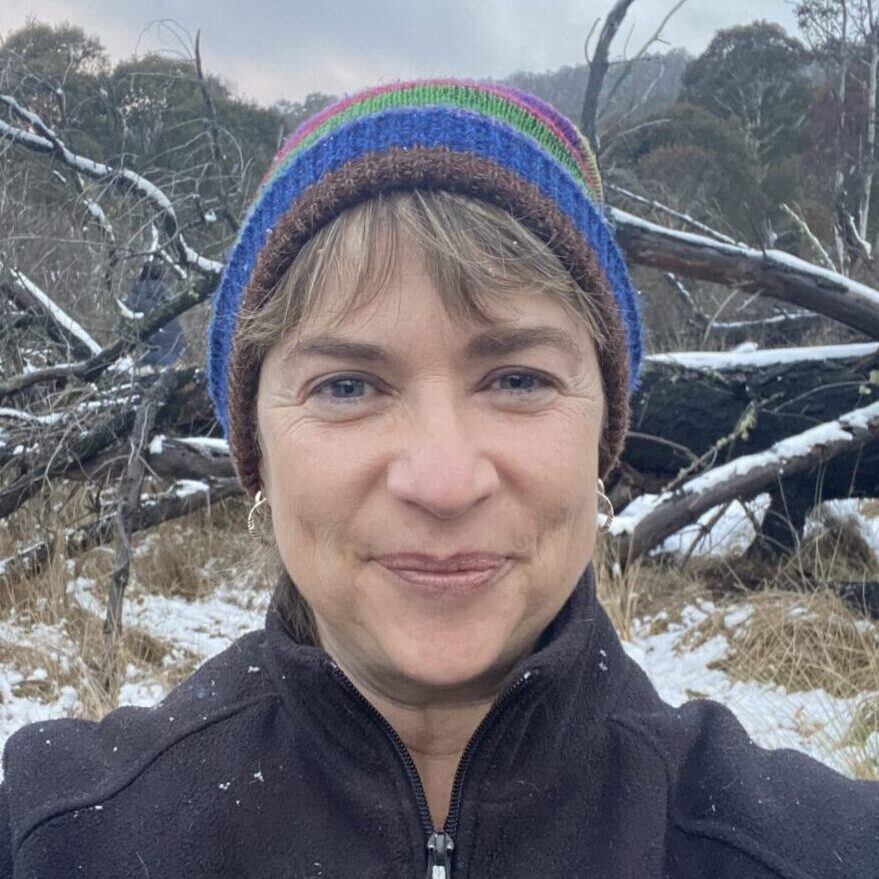What are you researching and why does it matter to you?
I’m about to start researching strategies to teach primary-aged children about civic online reasoning, with Mathieu O’Neil at the News and Media Research Centre. Currently, media literacy education largely happens at a secondary school level. However, most Australian children have accessed the Internet by the time they’re four years old, so students need to be taught to critically navigate online content while they’re at primary school. This is urgent work, given the amount of dubious information that has circulated during the COVID pandemic. We’ll be working with a number of ACT primary schools as part of the Affiliated Schools Research Program.
What has been your biggest and most frustrating challenge to date?
My most frustrating challenge is less to do with a moment and more to do with the ongoing work weaving together different parts of my life. I finished most of my PhD (in Australian literature) when I was pregnant, and then studied for a graduate diploma in education. After beginning fulltime work as an Assistant Professor in Education I suffered two retinal detachments and low sight (including blindness) for some time. I didn’t do any research for a few years after that. Freud said “love and work are the cornerstones of our humanness.” I aim to live by this but sometimes they’re very bumpy cornerstones!
Share the dream! What impact do you hope your research will have on the lives of women down the track?
Through my own teaching and parenting I know it’s common to underestimate young children’s capacity to think deeply and critically. Firstly, I think our current research will support teachers and students to navigate our complex online world with more confidence and awareness. Secondly, education curricula are very much about imparting dominant wisdoms to our next generation. I hope our work will contribute to the practice of foregrounding careful research and substantiated truths in these curricula. Ultimately, it’s still the case that knowledge is power.
Read more about Rachel’s work here.
